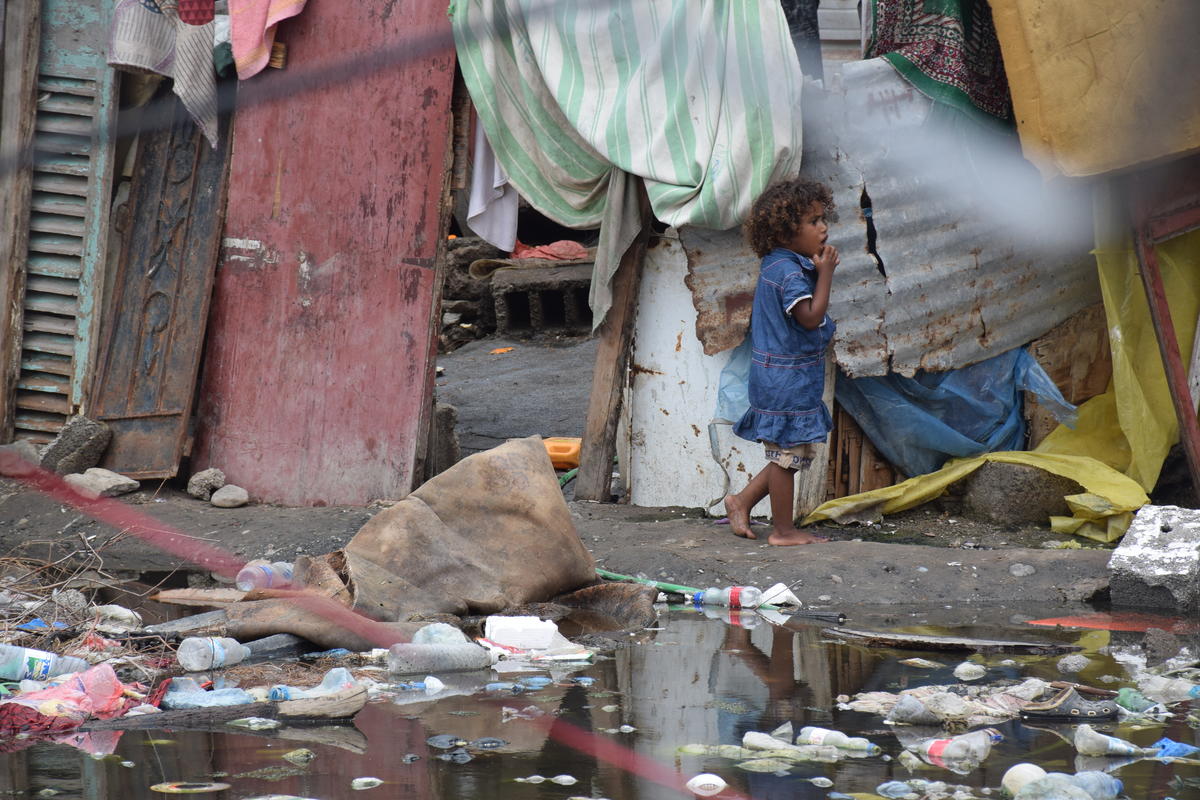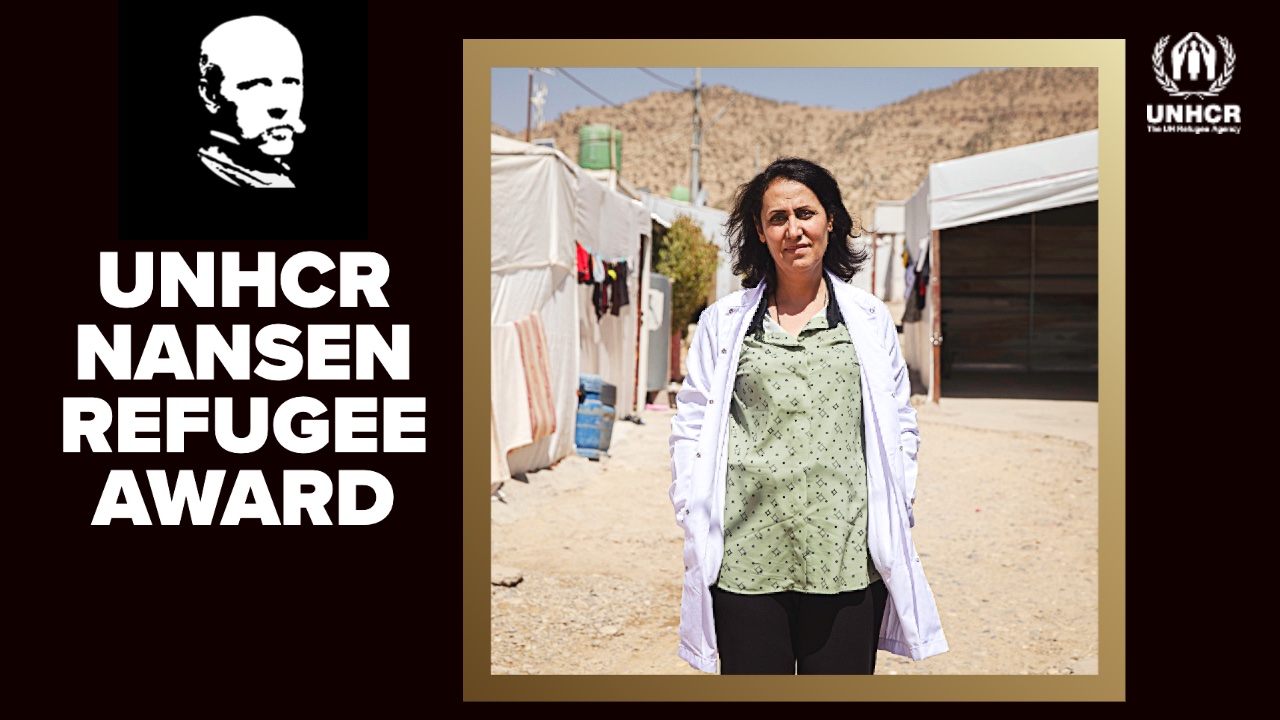UNHCR: Shortfall threatens critical aid for nearly one million displaced Yemenis and refugees
UNHCR: Shortfall threatens critical aid for nearly one million displaced Yemenis and refugees

Nearly one million vulnerable displaced people and refugees in Yemen are at risk of losing their shelter, vital cash assistance for essentials like food and medicine, and much more, UNHCR, the UN Refugee Agency, warned today. They already face abject poverty and hardship, and urgent funding is needed in the coming weeks to keep the lifesaving aid programmes running.
Yemen is already considered to be the world’s largest humanitarian crisis. The country is now also facing the overlapping threat of the coronavirus pandemic, and the impact of recent torrential rain and flooding in places like Aden, Abyan, Lahj, Marib, Sana’a and Amanat Al Asemah governorates. Initial reports indicate that more than 100,000 people across Yemen have been impacted. Flash flooding and rains inflicted extensive damage to sites sheltering internally displaced people (IDPs) and to public infrastructure.
It is estimated that more than 3.6 million people have been forced to flee their homes in Yemen since the start of the latest conflict in 2015. Only Syria, Colombia and the Democratic Republic of the Congo have larger internal displacement driven by conflict. The annual report on global internal displacement issued today by the Internal Displacement Monitoring Centre (IDMC) estimates that conflict and violence displaced nearly 400,000 people in 2019 alone.
UNHCR is urgently seeking US$89.4 million to secure life-saving protection and assistance to internally displaced families, refugees, and asylum-seekers and their hosting communities.
With most of the country struggling to survive as the conflict in Yemen enters its sixth year, this funding will enable UNHCR to maintain life-saving aid to internally displaced families, refugees, asylum-seekers and the equally impoverished Yemenis hosting them. This aid is now urgent, as these groups are the most vulnerable to the threat of COVID-19, which may have severe consequences if aid agencies are unable to deliver proper support.
Without the required funds, several of UNHCR’s critical programs and assistance, such as direct cash support, are at risk of drastic reduction or may cease. This will leave 655,000 internally displaced people, and a refugee and asylum-seeking population in Yemen comprising some 281,000 men, women and children in dire need. They will be without proper means to get food for their families or medicine for their sick children, unable to find shelter, or to keep themselves warm, forcing some to live in the open during this rainy season. For many refugees and displaced families, this is a matter of life and death.
UNHCR also supports IDPs in obtaining valid identity documents that are required for children to enroll in schools and patients to be admitted in hospitals.
We are also deeply concerned that displaced communities and their hosts are now at a heightened risk, given their dire living and sanitary conditions, and overall decline of local health facilities, as the first confirmed case of COVID-19 was identified in the southern province of Hadramaut on 10 April. Together with our local partners we are engaging IDP and refugee communities, so they are aware of the risks and prevention measures to protect themselves against COVID-19.
After five years of conflict, more than 80 per cent of Yemen’s total population requires some form of assistance. Close to 4 four million IDPs, returnees, refugees and asylum-seekers are now reliant on regular humanitarian aid to survive.
So far, UNHCR has received US$58.4 million or 28 per cent of the 2020 required funding to protect and provide critical aid to IDPs, refugees, and host communities alike.
For more information on this topic, please contact:
- In Sana’a, Heba Kanso, [email protected], +967 71 222 5123
- In Amman, Rula Amin, [email protected], +962 790 04 58 49
- In Geneva, Andrej Mahecic, [email protected], +41 79 642 9709
- In New York, Kathryn Mahoney, [email protected], +1 347 443 7646









